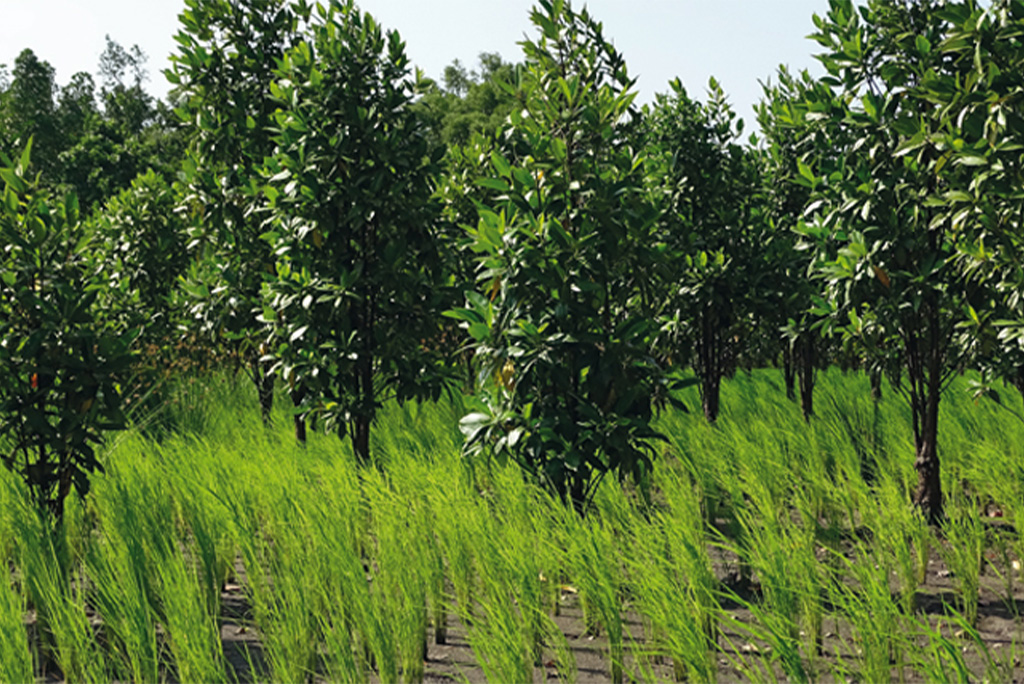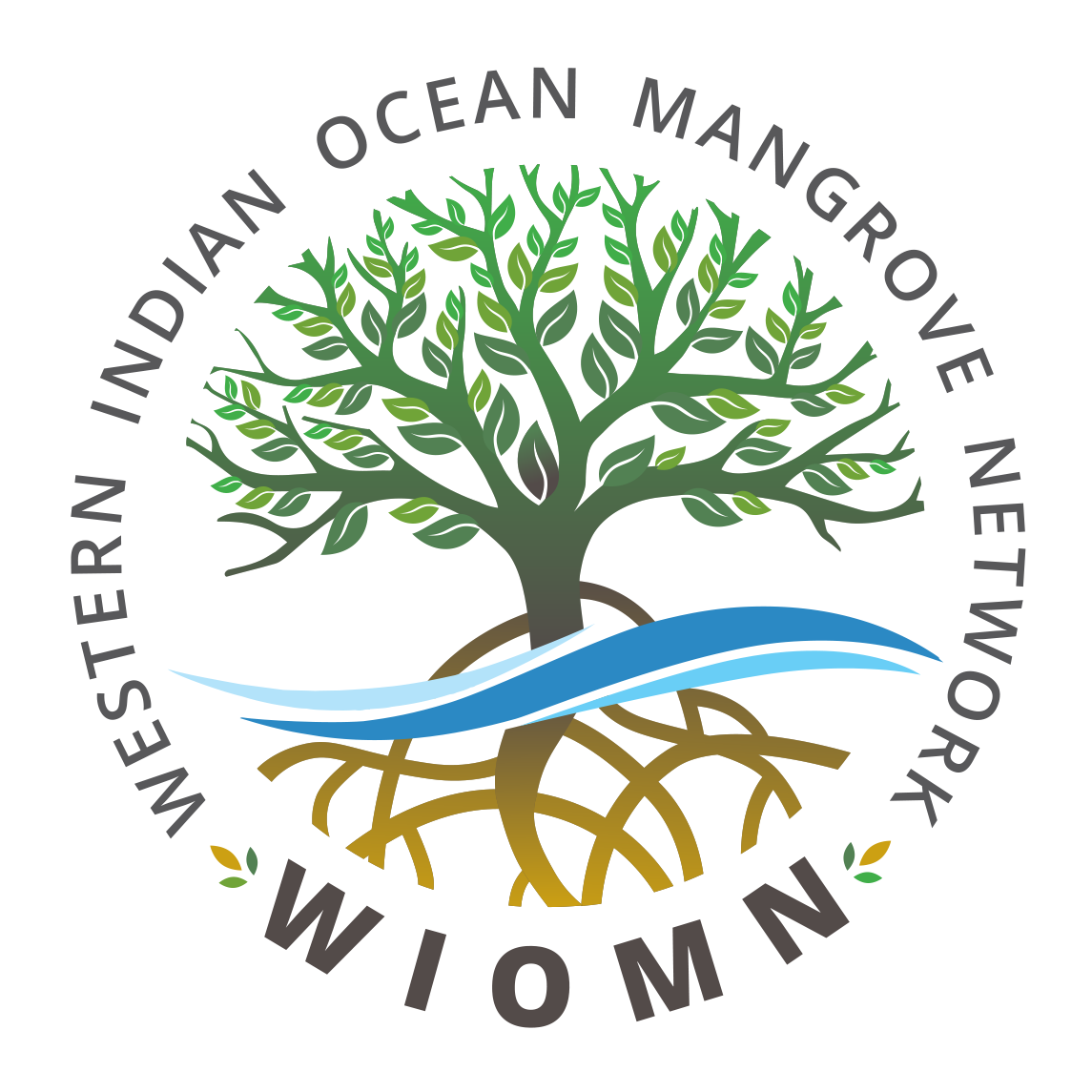The Rufiji Delta hosts 53,255 hectares (46% of the country’s mangrove coverage) of mangroves in Tanzania, constituting an integral component of the livelihoods of the communities who have settled within and around the delta for generations. The delta presents a complex human-natural system where communities benefit from the extractive use and conversion of mangroves and associated resources to sustain their livelihoods. However, traditional dependence on mangroves and associated resources exposes them to degradation and habitat loss. While the state nominally governs the extractive exploitation of mangroves, enforcement has been far from full and effective. Sustainable conservation and utilization measures are complicated by a complex governance framework that gives communities little opportunity to influence decisions and participate. As such, new strategies that would incentivize and promote a sense of responsibility are needed to engage and empower mangrove-dependent local communities, state institutions, and local authorities for balanced conservation and socio-economic welfare. While the Participatory Forest Management (PFM) strategy offers an opportunity to realize such co-management arrangements, this has not been well defined or demonstrated for mangrove forests, considering the uniqueness and complexities of the habitats, actors, and actor interests.
To realize this, the Institute of Marine Sciences at the University of Dar es Salaam, with funding from UNEP, is implementing a project titled “Designing Sustainable Community-Based Mangrove Harvesting and Restoration Models in Rufiji Delta, Tanzania.” The overall goal of the project is to nurture the sustainable co-existence of the coupled human-mangrove ecosystem in the Rufiji Delta and provide demonstrated lessons for up-scaling throughout the country and the Western Indian Ocean (WIO) region at large. The project is being implemented in the active northern block of the Rufiji Delta, where there is extensive cutting of mangroves and conversion into rice farms.
To achieve the project’s objectives, the Institute of Marine Sciences, in partnership with WIOMN, Tanzania Forestry Services (TFS), and Kibiti District Council (KDC), with support from the Secretariat of the Nairobi Convention and UNEP, conducted a three-day training workshop on capacity building for Village Natural Resources Committees of Kiomboni, Mfisini, and Mchinga on the conservation and management of mangroves in the Rufiji Delta. The training was organized by the Institute of Marine Sciences of the University of Dar es Salaam and held from March 14 to 16, 2023, in Kibiti, Tanzania. This workshop was preceded by three days of active mangrove planting involving communities from Kiomboni, Mfisini, and Mchinga villages. Additionally, to ensure accurate climatological data collection in the Rufiji Delta, a weather station was installed at Nyamisati Secondary School.


